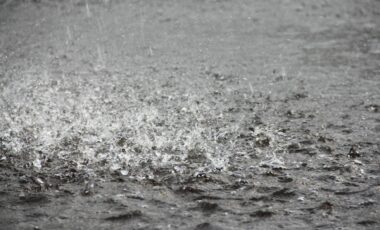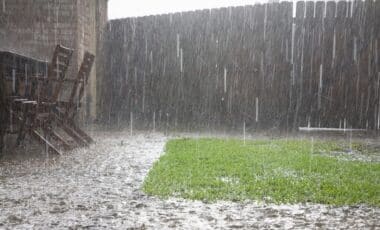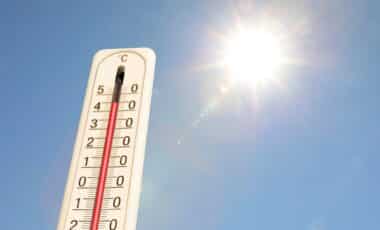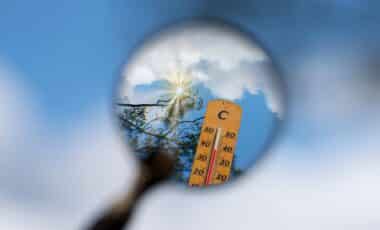Australians across the country are preparing for a dramatic shift in weather as frosty conditions are set to sweep through every state and territory, disrupting the start of the school holidays. According to a report from news.com.au, chilly morning temperatures and widespread frost will affect both eastern and western parts of the country. With frost warnings already issued for several regions, the cold snap is expected to bring challenges for farmers, potentially causing significant crop damage in some areas.
Widespread Frost Across the Country
The Bureau of Meteorology has issued frost alerts for several southeastern regions, including the capital city of Canberra, where temperatures are predicted to dip below freezing. Neuman describes the frost forecast as “widespread,” with cold conditions anticipated to stretch from the southeast to the far northwest of the country. From the Australian Capital Territory (ACT) to parts of New South Wales, Victoria, Queensland, South Australia, Tasmania, the Northern Territory, and Western Australia, it seems that no part of the country will be spared from the icy conditions.
“That means the entire country, every single state, are likely to see frost at least somewhere within their respective state or territory,” Neuman noted. For example, Canberra, which already experienced temperatures as low as 1.3°C on Friday, is set to face even colder conditions this weekend, with temperatures potentially plunging to a chilling –5°C. Meanwhile, Sydney, known for its milder weather, is expected to see a minimum temperature of 7°C.
Frost warnings have been particularly concerning for regions in Victoria and South Australia, where temperatures could fall to –4°C in northern Victoria. Such low temperatures pose a serious risk to local agriculture, with the potential for significant crop damage. In South Australia, areas such as the Mid North, Upper South East, and Riverlands are forecast to experience lows around –1°C, raising concerns for both farmers and livestock.
Weather Patterns in Northern Australia: Rain and Cloud Bands
While the southeastern regions are experiencing cold conditions, the north is seeing a different kind of weather event: rain. A cloud and rain band has started to form over the Gulf of Carpentaria, which will bring wet conditions to parts of northern Queensland and the Northern Territory. By Sunday, this rain band is expected to move eastward, reaching the Queensland coast by the end of the day. Eastern Queensland, from Townsville down to Brisbane, will likely experience rain, although the Bureau of Meteorology reassures that it is not expected to be heavy enough to cause flooding.
“The rain isn’t expected to be heavy or cause flooding. However, it does come during the drier time of year, so may be disruptive for the start of the school holidays,” the bureau said. This period of rain, coupled with the chillier conditions in the southeast, will mark a disruptive beginning to the school break for families planning outdoor activities.
Temperature Forecasts: A Mild but Cool Weekend Ahead
While much of the country will face subzero temperatures and frosty mornings, the weekend’s daytime temperatures will remain relatively mild. Neuman explained that temperatures across Australia will remain in line with typical seasonal expectations. In Sydney, highs will reach 19°C, with Port Macquarie, Coffs Harbour, Brisbane, and the Gold Coast experiencing similar highs of around 20°C to 21°C.
“What we’re looking at is temperatures remaining right where they should be for this time of the year,” Neuman reassured. This means that while mornings will be chilly, afternoons are expected to warm up to comfortable levels. However, the added factor of rain in Queensland could make it feel cooler than the forecasted temperatures, particularly on Saturday and Sunday.
Temperatures in Melbourne are forecast to reach a maximum of 13°C, while Perth is expecting a high of 20°C. Further south, Hobart will see a cooler 11°C, with Canberra peaking at 13°C. Farther north, Darwin is expected to see a much warmer 31°C, a stark contrast to the chilly conditions in the south.









